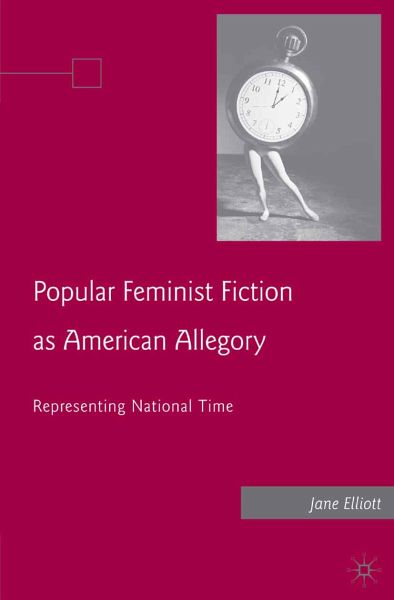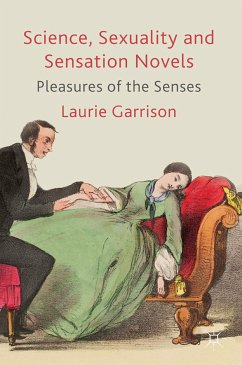
Popular Feminist Fiction as American Allegory (eBook, PDF)
Representing National Time
Versandkostenfrei!
Sofort per Download lieferbar
40,95 €
inkl. MwSt.
Weitere Ausgaben:

PAYBACK Punkte
20 °P sammeln!
This book argues that popular feminist fiction provided a key means by which American culture narrated and negotiated the perceived breakdown of American progress after the 1960s. It explores the intersection of two key features of late twentieth-century American culture.
Dieser Download kann aus rechtlichen Gründen nur mit Rechnungsadresse in A, B, BG, CY, CZ, D, DK, EW, E, FIN, F, GR, HR, H, IRL, I, LT, L, LR, M, NL, PL, P, R, S, SLO, SK ausgeliefert werden.












